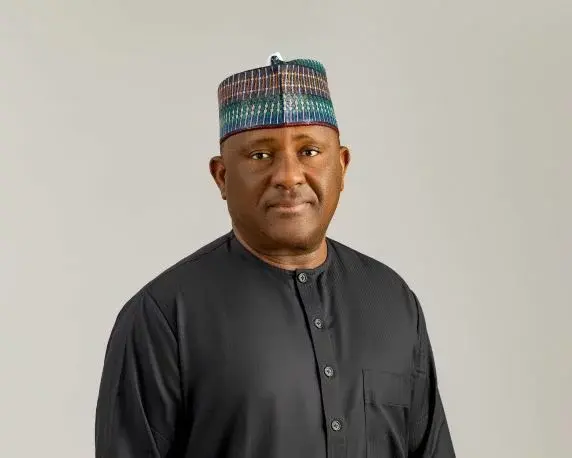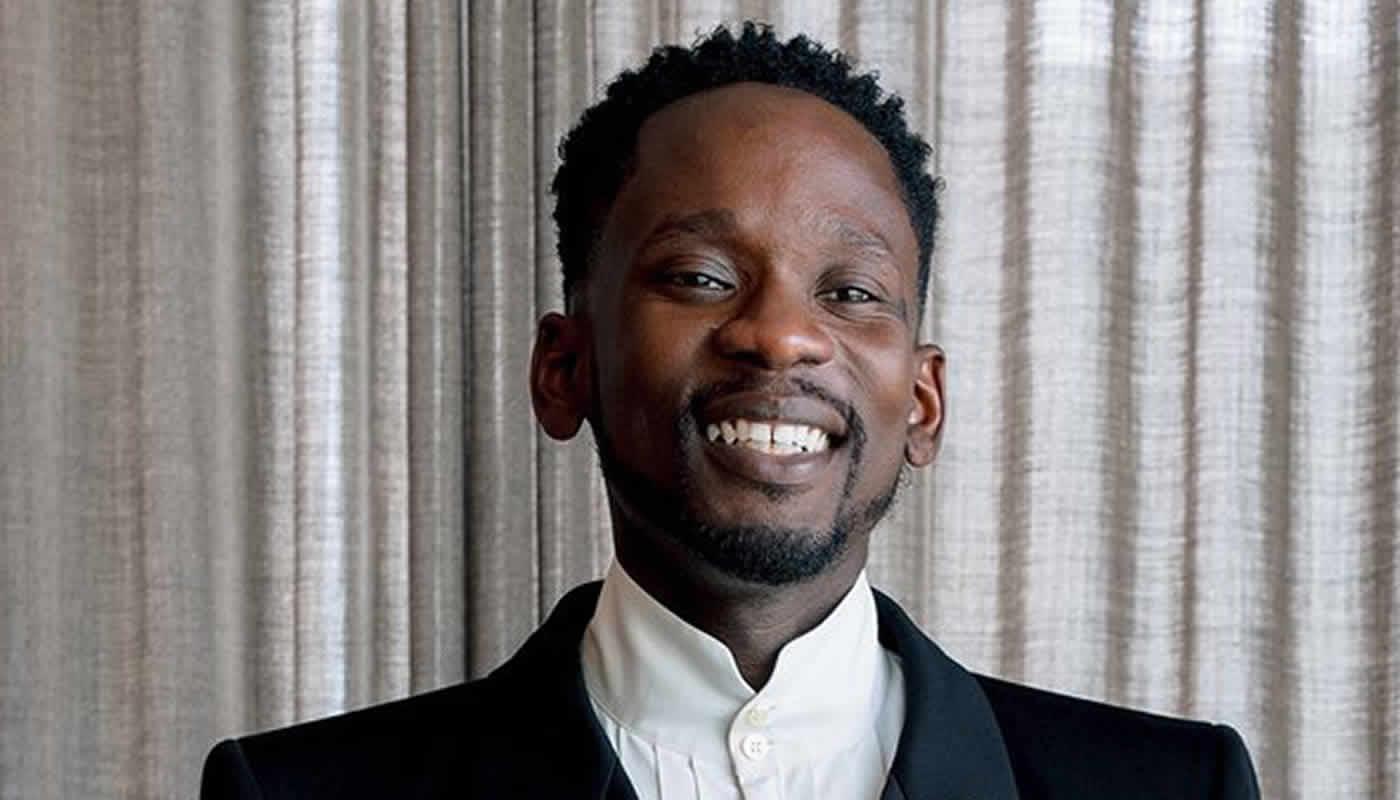Explore Our Bill Payment Services:

- Biography
- Nigeria
Abdulsamad Rabiu: Biography, Net Worth, And Business Career
Early Life and Background
AbdulSamad Isyaku Rabiu is a name that echoes through the corridors of Nigeria’s industrial and financial power. Born on August 4, 1960, in Kano State, Northern Nigeria, he grew up surrounded by the world of business. His father, Alhaji Isyaku Rabiu, was one of Nigeria’s most successful businessmen during the post-independence era, with interests in trade, manufacturing, finance, and real estate.
From an early age, AbdulSamad witnessed firsthand how hard work, strategy, and vision could transform ideas into thriving enterprises. His upbringing laid the perfect foundation for what would later become one of Africa’s biggest business success stories.
After completing his early education in Nigeria, young AbdulSamad traveled to the United States, where he attended Capital University in Columbus, Ohio, earning a degree in Economics. This exposure to international business systems sharpened his understanding of global trade and finance. Upon returning to Nigeria, he was ready to take his place in the family business world — but he was also determined to carve out his own path.
Founding of His Business & Early Career
In 1988, at just 28 years old, AbdulSamad founded BUA International Limited, marking the beginning of what would become one of Nigeria’s most powerful conglomerates. The company started small, focusing primarily on commodity trading — importing rice, edible oils, flour, iron, steel, and chemicals.
However, AbdulSamad’s genius lay in his ability to spot opportunities where others saw obstacles. One of his earliest breakthroughs came through a contract with the government-owned Delta Steel Company. Under the deal, BUA supplied raw materials in exchange for finished steel products — a strategic barter system that proved highly profitable.
From there, his business grew rapidly. BUA expanded into several key sectors including edible oil processing, flour milling, sugar refining, and steel production. These industries would become the building blocks of his billion-dollar empire.
Expansion into Cement, Sugar, Foods, and Real Estate
As Nigeria’s economy evolved, AbdulSamad Rabiu diversified his portfolio to reduce dependency on imports and strengthen domestic production. His long-term vision was clear: build an integrated industrial group that could feed, build, and power the nation.
He began acquiring and establishing major production facilities across Nigeria:
-
Nigeria Oil Mills Limited, a leading edible oil processor, was one of his early acquisitions.
-
He invested heavily in flour mills, setting up plants in Kano and Lagos to meet the growing demand for flour-based foods.
-
In 2008, he launched one of the largest sugar refineries in sub-Saharan Africa, cementing his position as a top player in the food processing sector.
-
His entry into the cement industry marked a major milestone. AbdulSamad merged his privately owned Obu Cement Company with the publicly listed Cement Company of Northern Nigeria (CCNN), forming BUA Cement Plc — now one of Nigeria’s largest cement producers.
-
Beyond manufacturing, Rabiu also expanded into real estate, port operations, and power generation, ensuring his businesses had the infrastructure needed to thrive.
This deliberate diversification transformed BUA from a trading company into a fully integrated industrial powerhouse competing directly with giants like Dangote Group.
Leadership and Organizational Roles
AbdulSamad Rabiu serves as the Founder and Chairman of BUA Group, a conglomerate that spans multiple industries — cement, sugar, flour, real estate, and energy. Under his leadership, the company has become synonymous with innovation, reliability, and social responsibility.
He has also served as Chairman of the Bank of Industry (BOI), Nigeria’s leading development finance institution. This position allowed him to influence broader industrial policy and support the growth of small and medium-sized enterprises (SMEs) in Nigeria.
His leadership style is often described as calm but strategic — preferring to let results speak louder than headlines.
Net Worth: The Billion-Dollar Journey
Estimating AbdulSamad Rabiu’s net worth isn’t straightforward. His wealth is tied to the performance of large industrial assets, public company shares, and macroeconomic factors like the naira’s exchange rate and inflation.
Still, by 2025, Forbes and other financial analysts place his net worth between $5 billion and $6 billion, making him one of Africa’s wealthiest individuals.
Here’s a look at how his net worth evolved over the years:
| Year | Estimated Net Worth (USD) | Key Notes |
|---|---|---|
| 2019 | $1.6 billion | Growth driven by cement and sugar investments. |
| 2023 | $8.6 billion | Peak wealth before currency devaluation. |
| 2024 | $5–6 billion | Consolidated gains from BUA Foods & BUA Cement listings. |
| 2025 | $5.2 billion | Adjusted for naira fluctuations and inflation. |
The key drivers of his wealth are BUA Cement and BUA Foods, both listed on the Nigerian Exchange Group (NGX). Fluctuations in stock prices, exchange rates, and inflation all play significant roles in the valuation of his fortune.
What Drives His Wealth
-
Currency & Economic Policies:
The devaluation of the naira against the U.S. dollar can reduce his dollar-denominated net worth, even when his local assets grow. -
Stock Market Performance:
Because he owns controlling stakes in BUA Cement and BUA Foods, any movement in their share prices directly affects his wealth. -
Cost and Inflation Pressures:
Rising energy prices, logistics costs, and foreign exchange rates can impact profit margins, even as revenues grow. -
Strategic Expansions:
Mergers, acquisitions, and plant expansions continue to raise his long-term valuation, though they require heavy upfront investments.
Business Philosophy and Strategy
AbdulSamad Rabiu’s approach to business can be summed up in one word: integration.
He doesn’t just trade commodities — he builds entire value chains. From sourcing raw materials to producing finished goods, his companies control nearly every stage of production. This gives him an edge in cost management, quality control, and market dominance.
His strategies include:
-
Vertical & Horizontal Integration: By owning multiple stages of the production process, he ensures stability and profitability.
-
Long-Term Industrial Investments: Rabiu is not a short-term speculator. He builds factories, refineries, and power plants — businesses that create real value.
-
Public Listings for Growth: Listing BUA Foods and BUA Cement on the stock exchange not only raised capital but also increased transparency and investor confidence.
-
Focus on Essentials: By investing in critical sectors like food and cement, his businesses remain relevant regardless of economic downturns.
Challenges & Risks
Like any major business empire, the BUA Group faces its fair share of challenges:
-
Exchange Rate Volatility: Frequent changes in Nigeria’s currency value affect import costs and profitability.
-
Inflation: Rising energy and production costs can squeeze profit margins.
-
Competition: Rivalry with other industrial giants, particularly in cement and sugar, remains intense.
-
Infrastructure Deficits: Poor roads, inconsistent electricity, and port congestion continue to impact logistics and manufacturing efficiency.
-
Global Economic Shifts: Factors like global commodity prices, international shipping costs, and inflation all influence his business performance.
Despite these hurdles, Rabiu’s strong financial foundation and strategic foresight keep BUA Group growing steadily.
Philanthropy and Social Impact
Beyond business, AbdulSamad Rabiu has made philanthropy a core part of his legacy. Through the BUA Foundation and the Abdul Samad Rabiu Africa Initiative (ASR Africa), he funds projects in education, healthcare, and social development.
Some notable contributions include:
-
Building hospitals, diagnostic centers, and pediatric wards across Nigeria.
-
Funding the Centre for Islamic Studies at Bayero University, Kano.
-
Supporting education and infrastructure projects across Nigeria’s six geopolitical zones.
He also donates billions of naira annually to causes that improve healthcare access, empower youth, and promote sustainable development. His philanthropy reflects his belief that wealth should serve society — not just accumulate.
Legacy and Outlook
Today, AbdulSamad Rabiu stands as one of Africa’s foremost industrialists — a visionary who turned humble beginnings into a multi-billion-dollar empire. Through his BUA Group, he has redefined manufacturing and industrialization in Nigeria, creating thousands of jobs and driving economic growth.
As of 2025, his estimated net worth of $5–6 billion places him among the top three richest Nigerians and one of the ten wealthiest Africans.
Looking ahead, Rabiu shows no signs of slowing down. His ongoing expansion into cement, sugar, and food processing, along with investments in renewable energy and logistics, signal that his empire will continue to grow.
More importantly, his focus on social investment and national development ensures that his success benefits not just his shareholders, but the Nigerian people as a whole.
Conclusion
AbdulSamad Rabiu’s story is one of vision, resilience, and innovation. From a young entrepreneur trading commodities in the 1980s to a multi-billion-dollar industrialist shaping Nigeria’s economy, his journey is an inspiration to aspiring business leaders across Africa.
He proves that with the right mix of determination, timing, and integrity, one can build a legacy that transcends generations.









